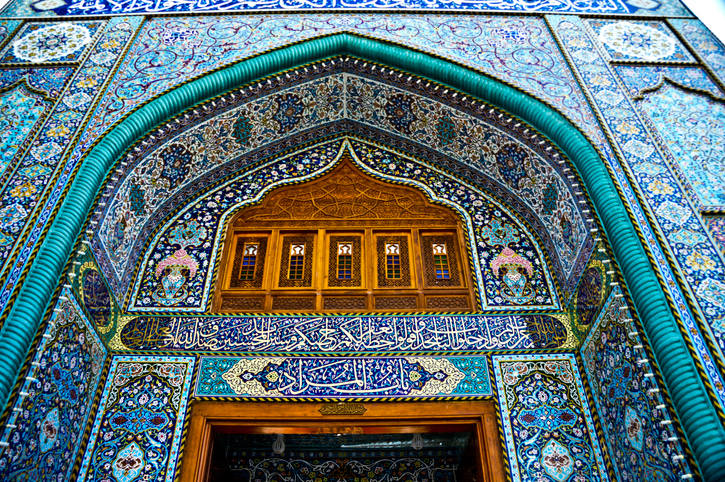Politics in Iraq is entering “a critical and decisive phase,” according to Dr Ihsan al-Shammari, head of Baghdad University’s politics centre.
Since the overthrow of Saddam Hussein in 2003, the Iraqi government and its politicians have been criticised for pervasive corruption and patronage, tied to the broader party-political machinery of Iraq. With power now shared among Iraq’s three largest groups – the Shiites, Kurds, and Sunnis – government positions are usually decided in backroom, quid-pro-quo deals between the different political parties.
Last month, one man showed a steely resolve to reform the system. And he used digital platforms – encouraging all Iraqis to get involved – to bring some much-needed transparency to the process.
Following inconclusive elections in May and months of protracted wrangling over government formation, Adel Abdul-Mahadi was nominated to set up Iraq’s next government. On accepting the premiership, Prime Minister Abdul-Mahdi had one condition: he would be free to choose his cabinet based on their capabilities, rather than political affiliation.
At the beginning of October – with a one-month deadline to form a government – Mahdi announced on his Facebook page that Iraqis were invited to apply for five of the 14 cabinet positions.
Applicants were directed to https://www.iraqcabinet2018.com/ to submit their CV. As well as stating their preferred portfolio, applicants were asked to describe projects they had overseen, outline their thoughts on what makes a successful leader, and how they would tackle the problems their ministry is facing. The magic of this was that even though most would be unsuccessful, ordinary Iraqis were given a platform to offer their own thoughts on the challenges facing the country.
Within days, the prime minister’s office received more than 15,000 applications, 601 of whom were offered interviews. The campaign had the added benefit of encouraging greater gender diversity – it was estimated that at least 15 per cent of applicants were women. In November, it was announced that five members of Mahdi’s cabinet has been selected from online applications.
In a country where more than 8 per cent of its 37 million citizens are unemployed, Iraqis took to social media to praise Mahdi’s recruitment drive. This included prominent figures like human rights activist Salam Mustafa, who tweeted, “Today I applied as an independent applicant for the position of Minister of Youth and Sport in the @AdilAbdAlMahdi cabinet!”. Television anchor and writer Dalia Al-Aqid became the first woman to apply, posting a picture of the application form on social media.
Foreign media also embraced Mahadi’s unique approach. Journalists followed the application process and confirmation of appointments closely. As a result, Mahadi has not just made inroads with his own people – he is now a political reformer in the eyes of the international community.
Mahdi promised Iraqis he would reduce the “monopoly of power” in government. This a common promise for leaders to make, especially in states embarking on a period of reform. What made this campaign so powerful was inviting Iraqis to help define what the new power dynamic looked like.
It is hard to see how the Prime Minister’s swift shakeup of the appointment process would have been possible without the digital platforms used to reach so many Iraqis. In bringing greater transparency to the highest levels of government and encouraging participation from so many citizens, the government would do well to look at similar ways to shine light on the system and engage Iraqis on issues that matter most to them.
